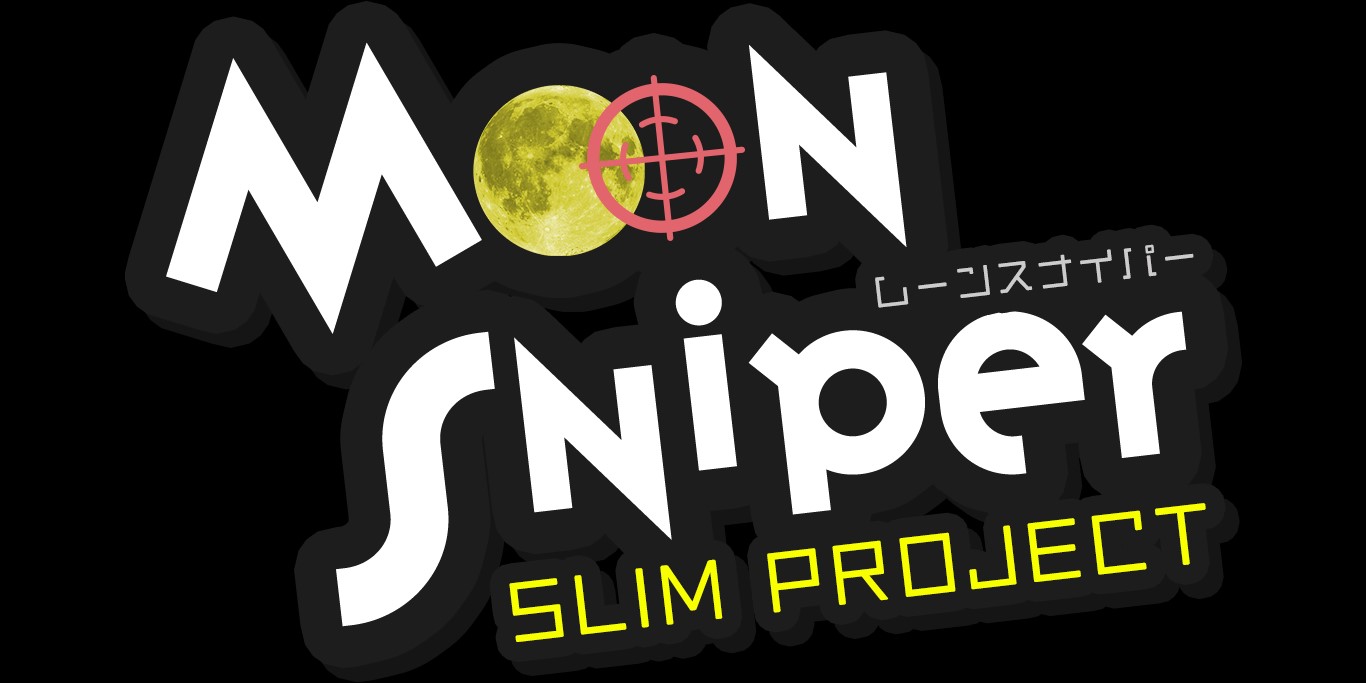Data from Japan’s Smart Lander for Investigating the Moon has been downloaded, and the machine switched off – with just 12 percent of battery capacity remaining.
The lander last week touched down successfully upon Luna – a mighty feat, seldom achieved. But not long afterwards trouble struck, as its solar panels weren’t producing power.
Japan’s Space Exploration Agency (JAXA) tried in vain to fix the problem, then switched its focus to securing the lander’s data.
A series of Xeets posted Monday revealed that JAXA has downloaded “technical and image data acquired during the landing descent and on the lunar surface” from the craft.
The descent data is especially important, as SLIM was loaded with spatial data and software that was designed to help it pick an optimal landing spot. JAXA values that capability, because probes that can detect and avoid hazards have a higher chance of success.
One goal of the SLIM mission was to land within 100 meters of a chosen target. JAXA doesn’t know yet if SLIM did the job, but hopefully the downloaded data will eventually tell the tale.
One thing JAXA does know for sure is that SLIM’s solar panels are facing west, which wasn’t expected and is probably the reason they aren’t producing energy. It’s hoped the right set of circumstances could light up the panel in future and allow SLIM to resume operations.
To give the lander the best chance of a renaissance, JAXA shut it down while its batteries were still charged to 12 percent of their full capacity. The disconnection was planned “to avoid being unable to restart for a recovery operation due to over-discharge.”
JAXA wrote that it plans to detail SLIM’s status at the end of this week.
“Although the attitude after landing did not go as planned, we are glad we could achieve so much and are happy to have landed successfully. We’re also excited to analyze the data,” its thread ended. ®

Dr. Thomas Hughes is a UK-based scientist and science communicator who makes complex topics accessible to readers. His articles explore breakthroughs in various scientific disciplines, from space exploration to cutting-edge research.








